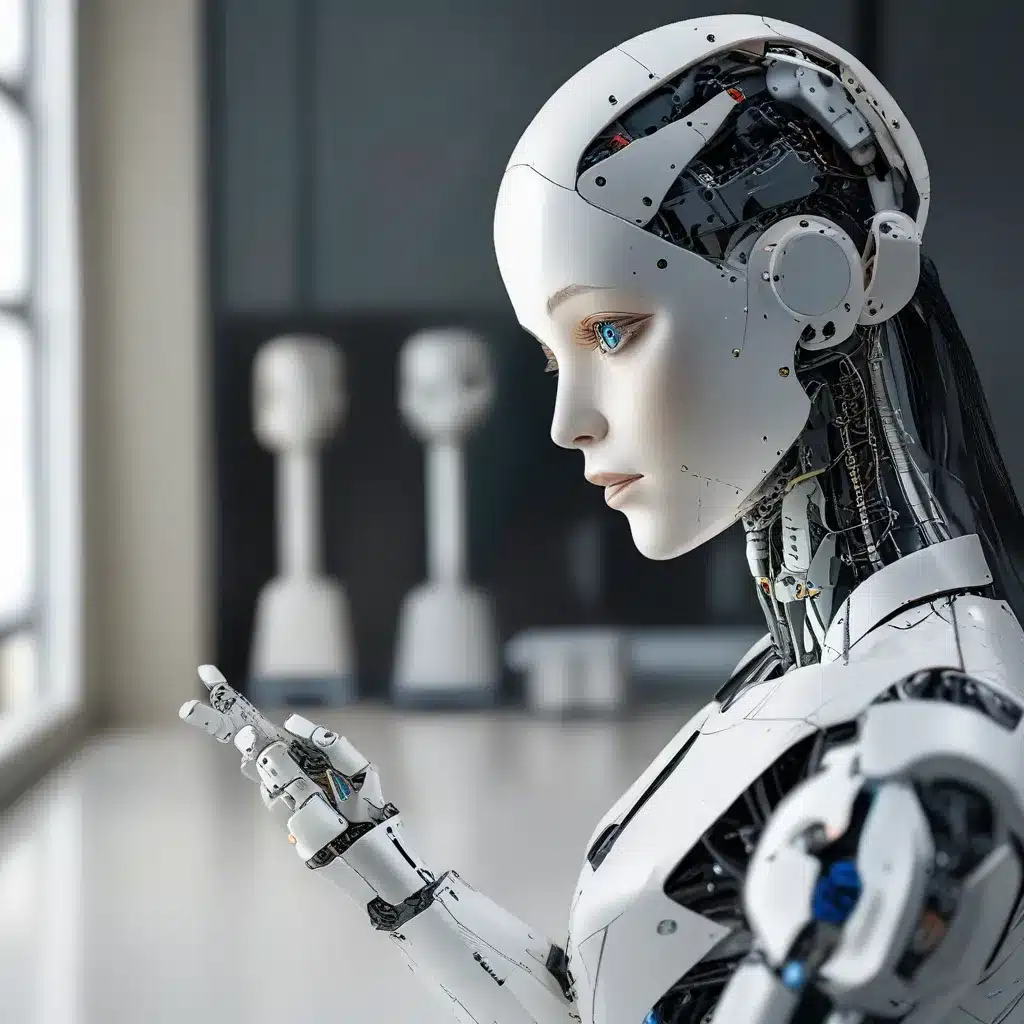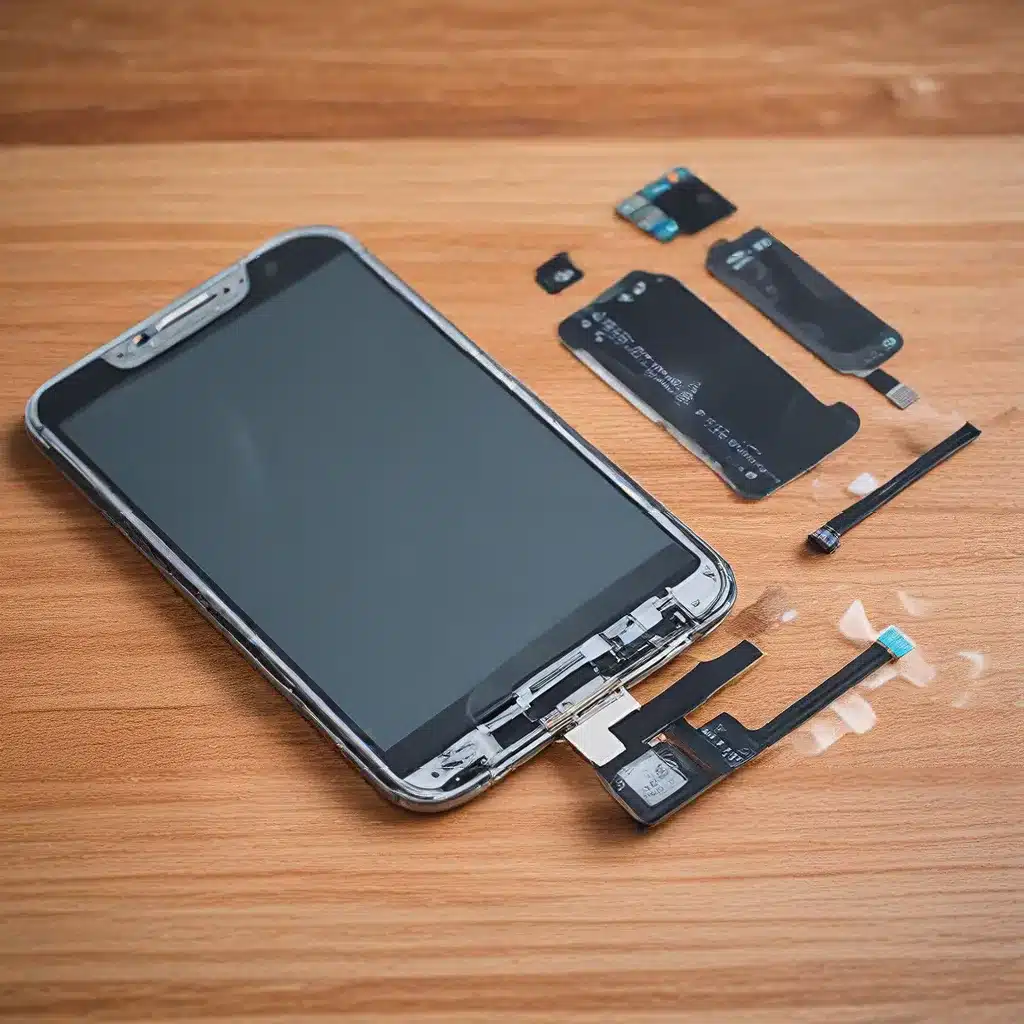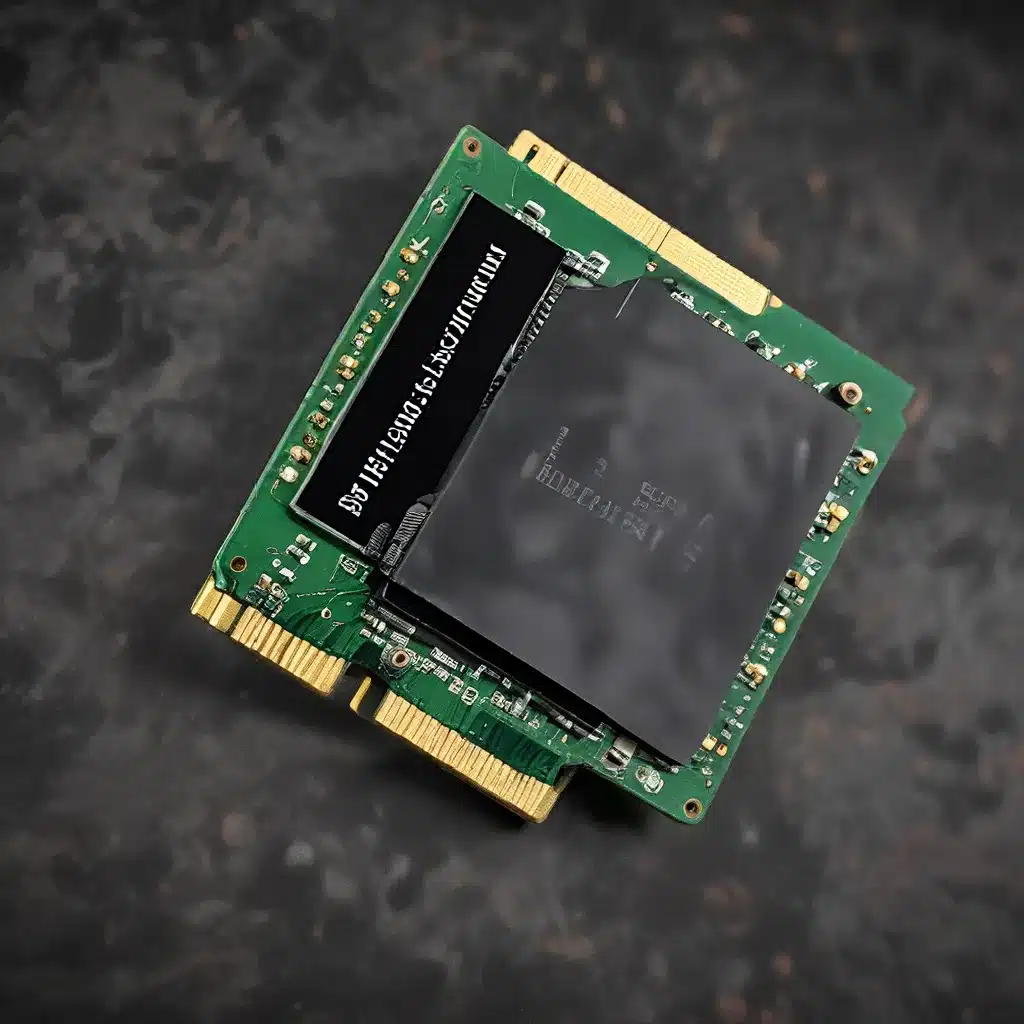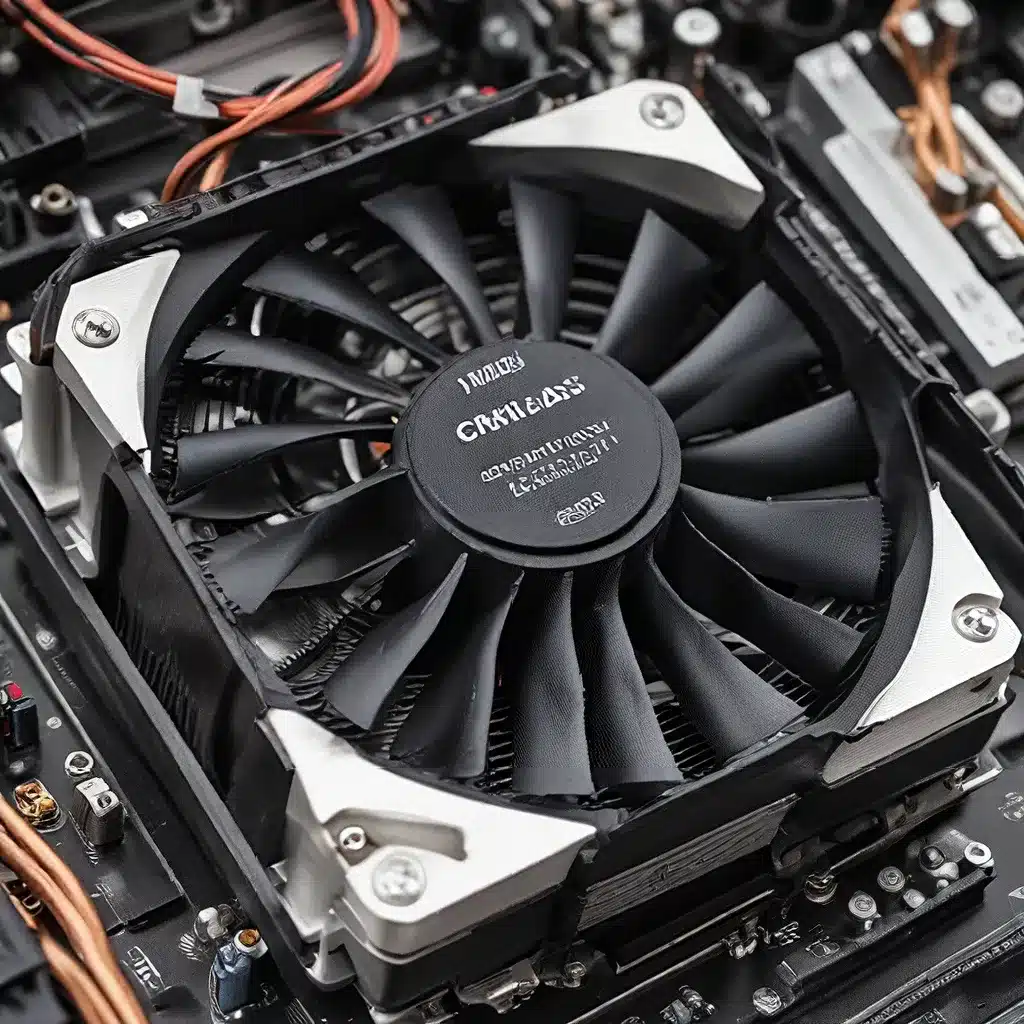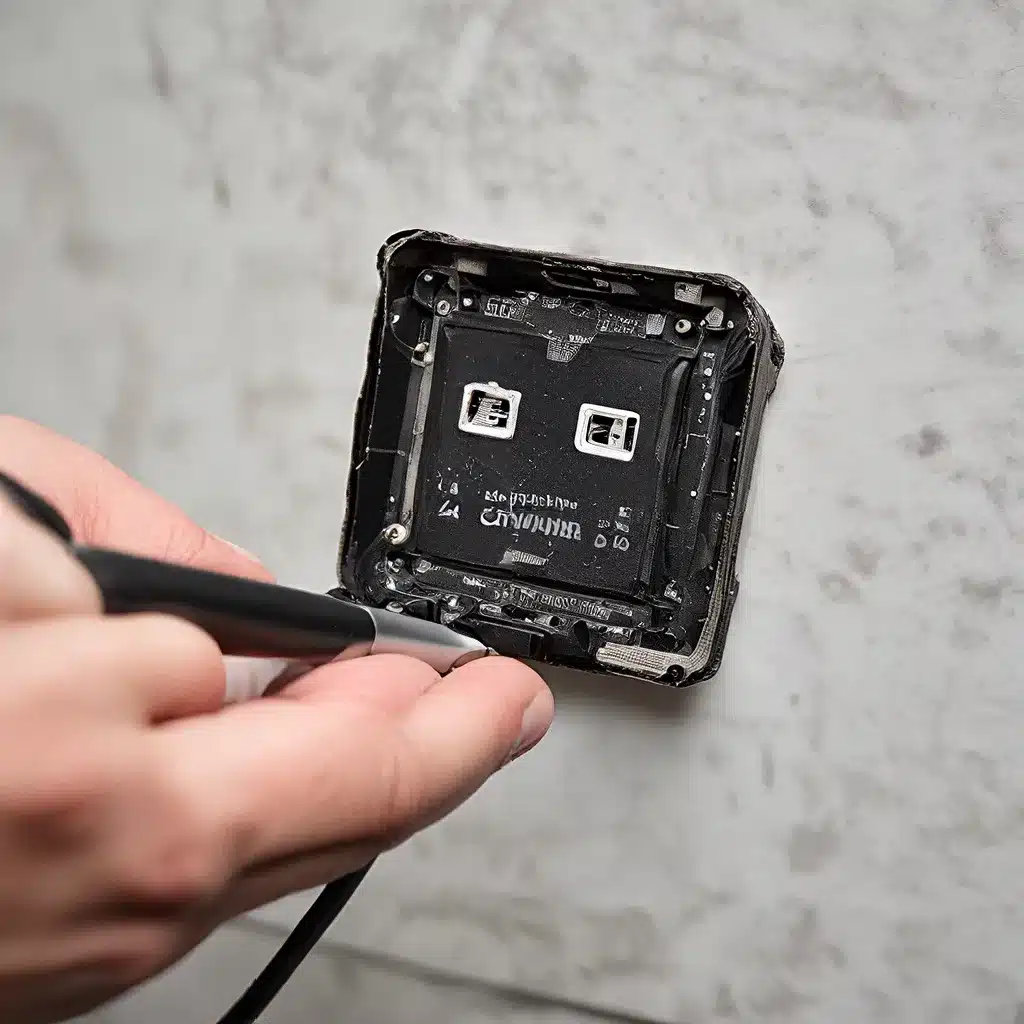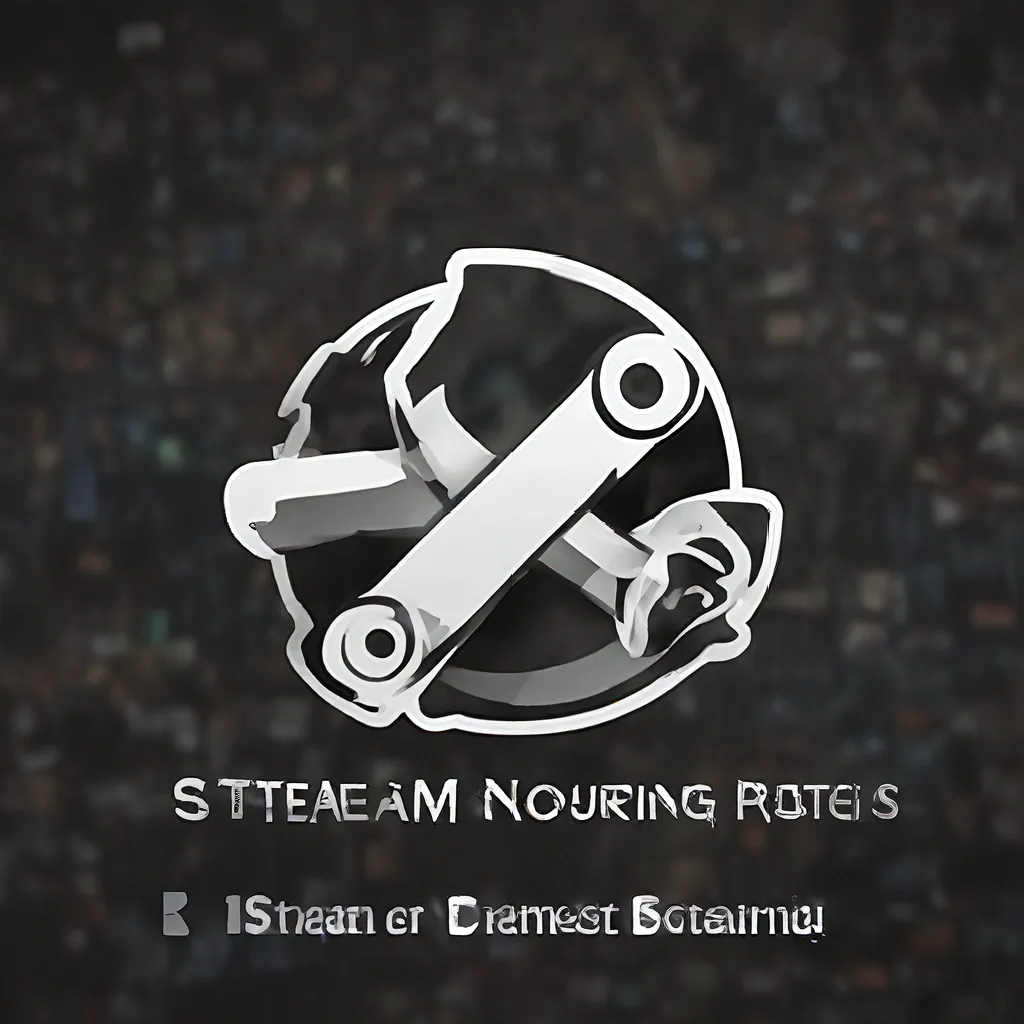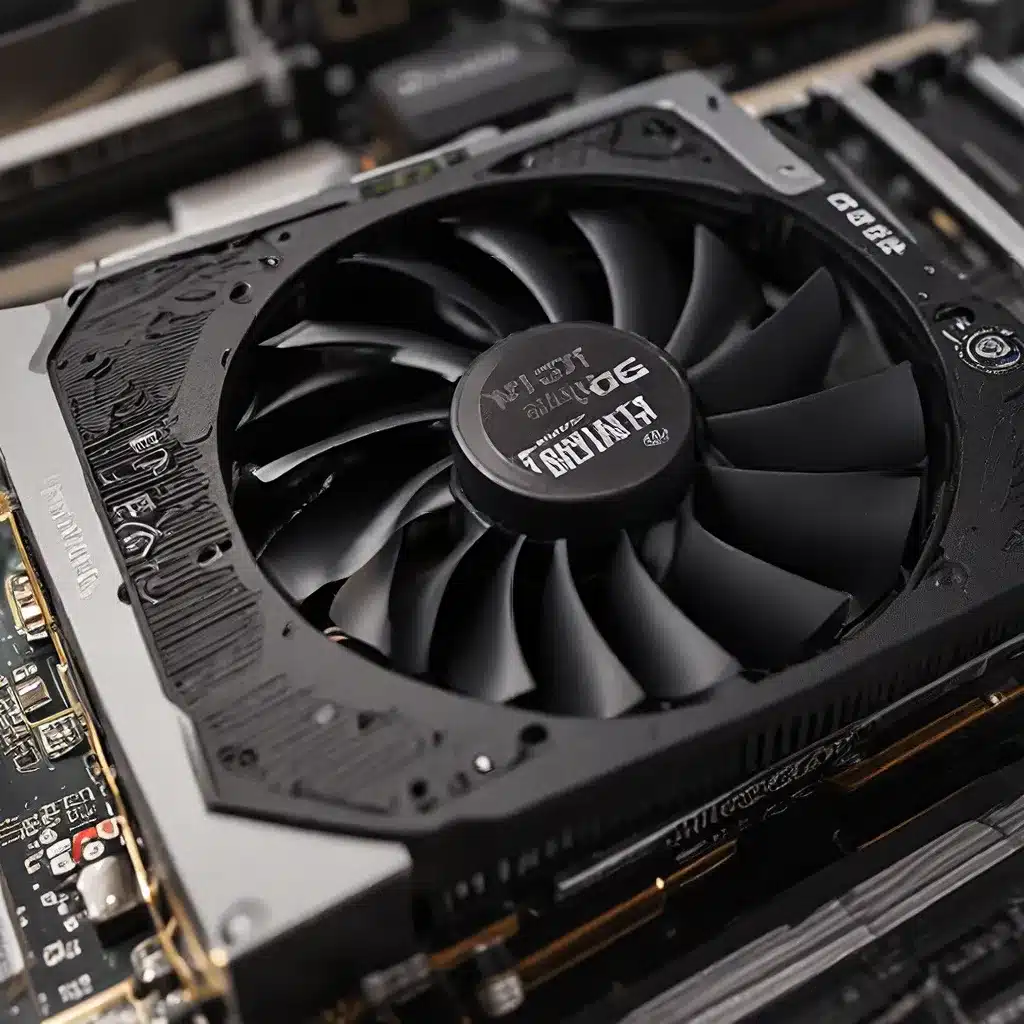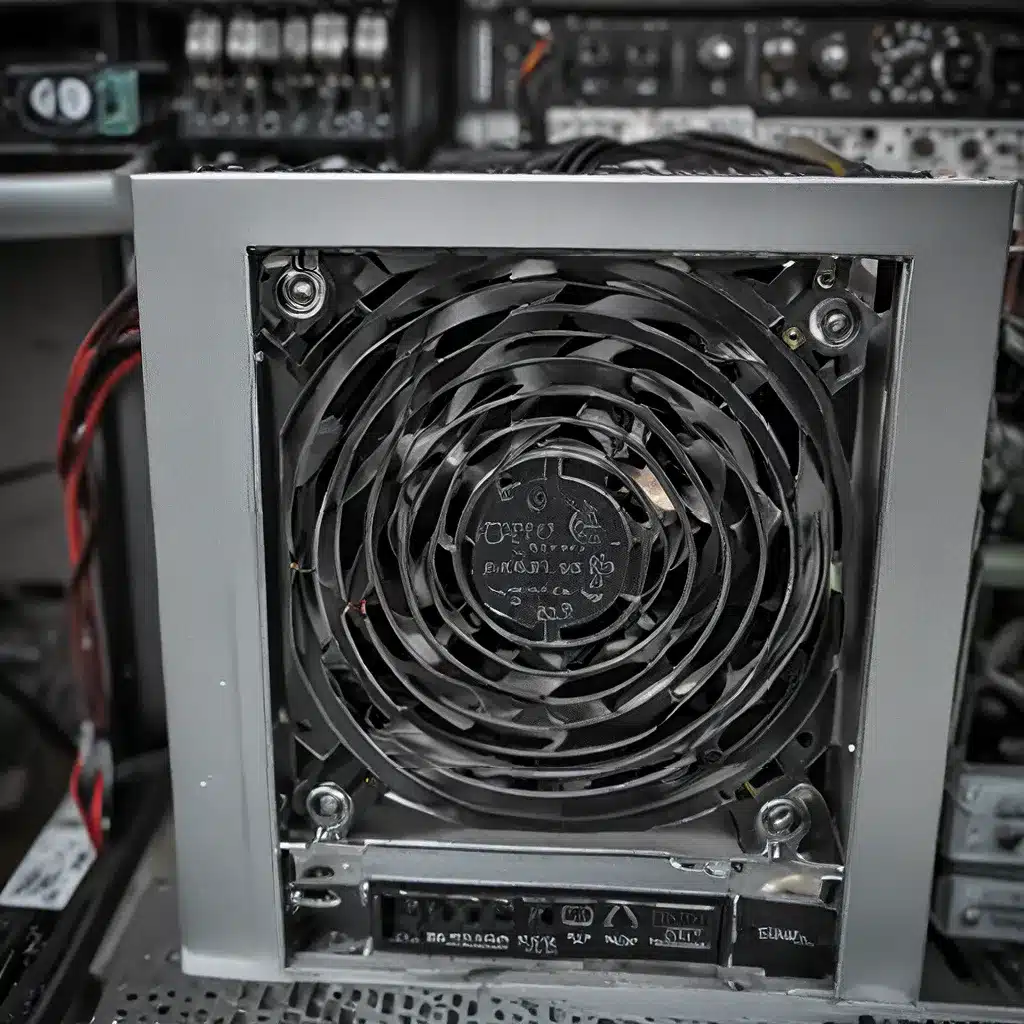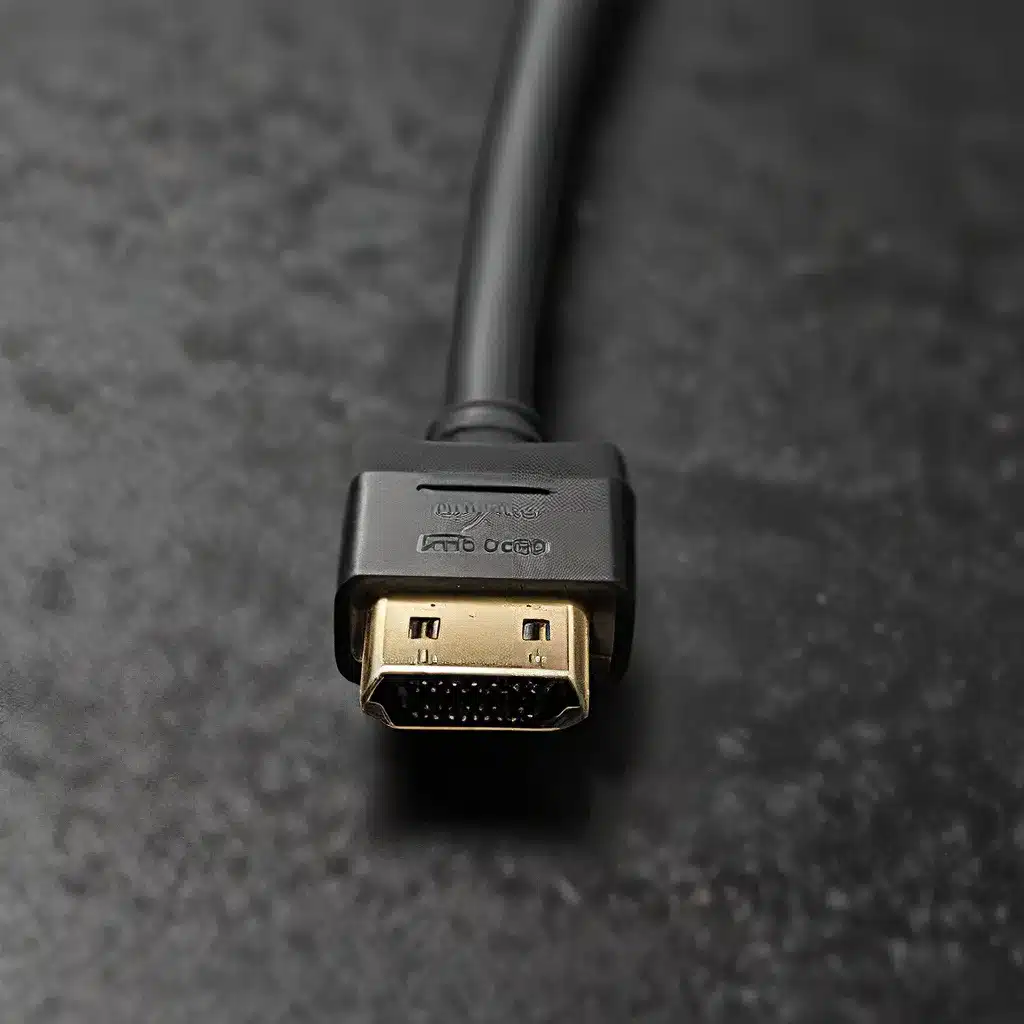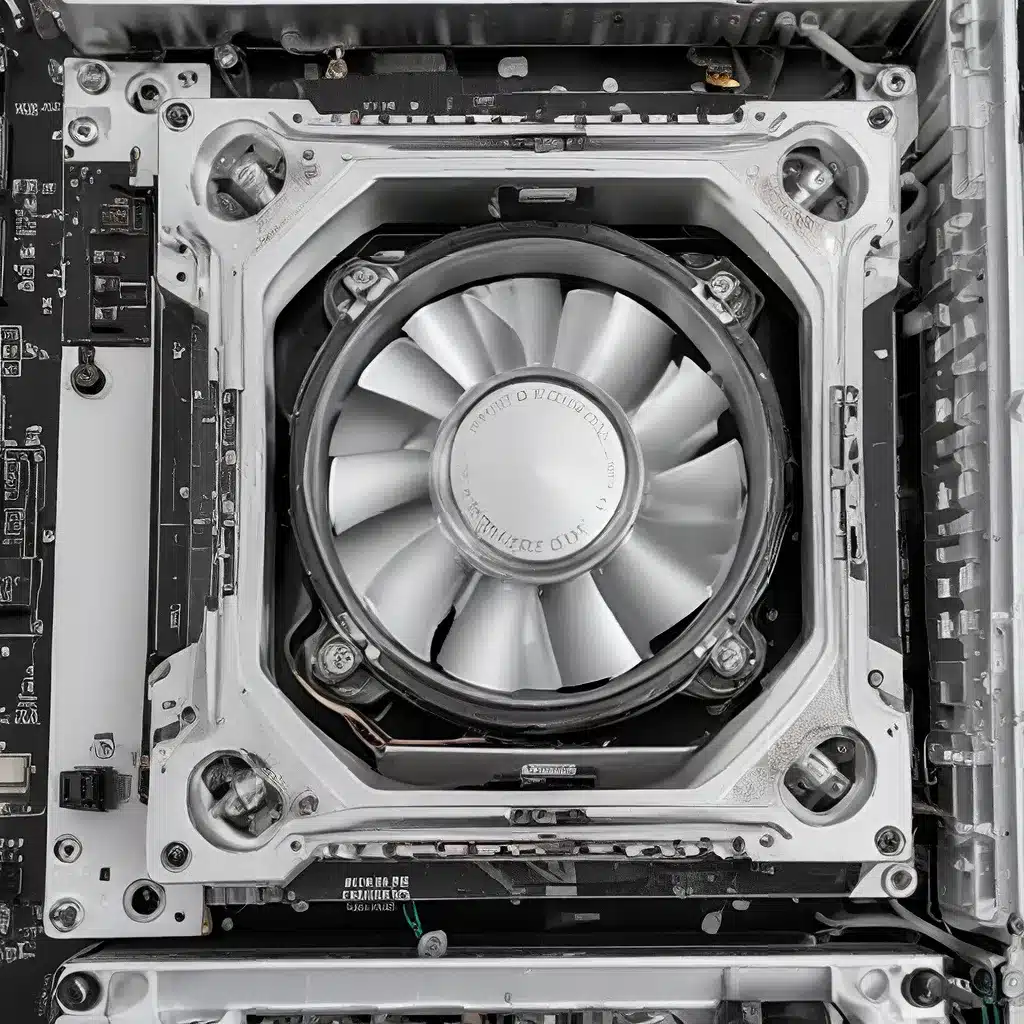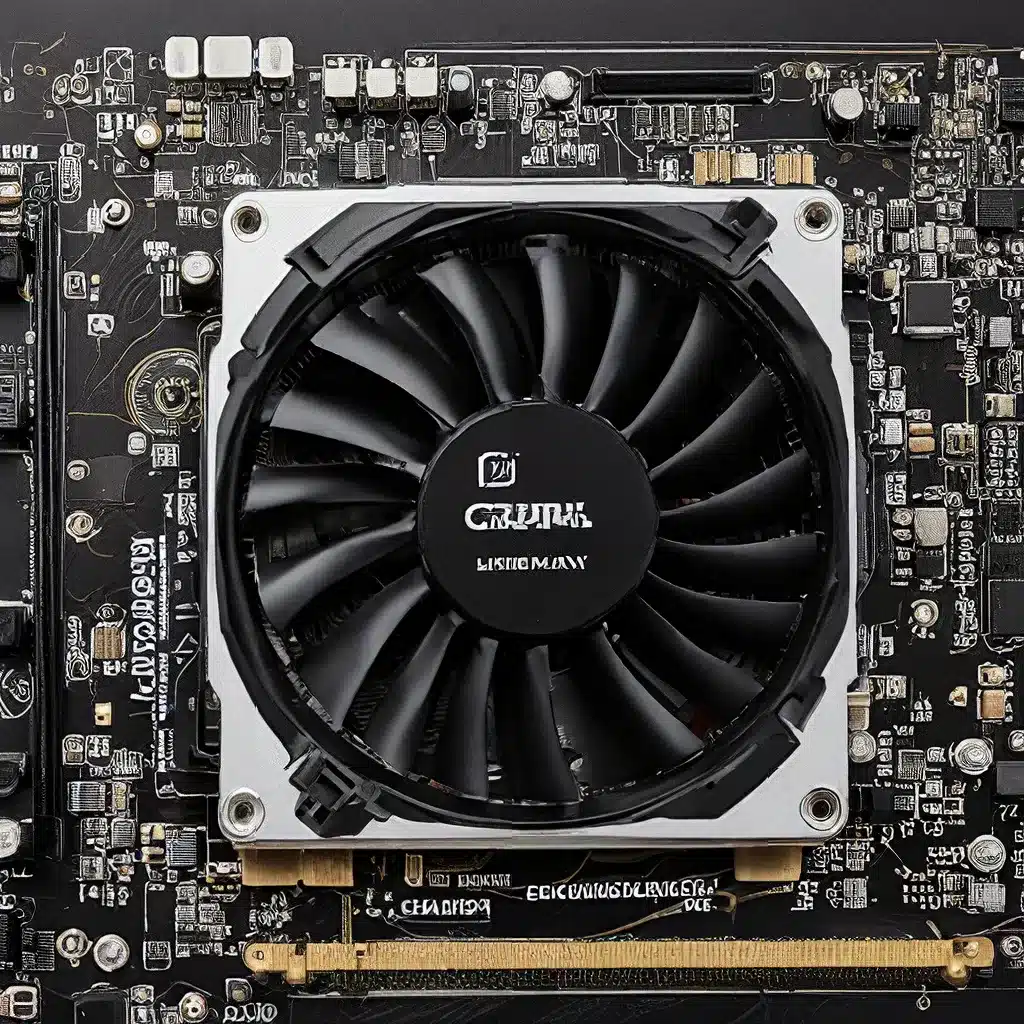The Rise of the Machines: Embracing the Automation Revolution
As I sit here typing away on my laptop, I can’t help but feel a twinge of unease about the future. The rapid advancements in automation, artificial intelligence (AI), and robotics are truly awe-inspiring, but they also raise some concerning questions about the fate of the human workforce. Will robots and algorithms eventually replace us all, leaving us with nothing to do but twiddle our thumbs?
Well, my friends, I’m here to tell you that the future of work is not as bleak as it may seem. Sure, the impact of these technological marvels will be significant, but with the right mindset and approach, we can navigate this brave new world and come out on top.
Digitization and the Changing Workforce
Let’s start with the basics. Digitization and automation are already having a major impact on the way we work. As more and more repetitive tasks are taken over by machines and software, the workforce is being forced to adapt. Gone are the days when you could expect to work the same job for 40 years and then ride off into the sunset with a gold watch and a pension.
Nowadays, the name of the game is lifelong learning. Companies are under intense pressure to stay ahead of the curve, which means constantly upgrading their technology and reskilling their employees. And if you think you’re safe just because you have a fancy degree, think again. Even highly-skilled professions like medicine and finance are being transformed by the power of AI.
The Robots are Coming… But They Come in Peace
Now, I know what you’re thinking: “But what about the robots? They’re going to take all our jobs!” Well, here’s the thing – robots and their AI-powered counterparts aren’t necessarily here to replace us. In fact, they’re more likely to be our new best friends.
Automation and AI are already being used to enhance productivity, tackle complex challenges, and create new opportunities. From self-driving cars to personalized medical treatments, these technologies are helping us achieve things that were once thought impossible.
And when it comes to the workplace, robots and cobots (collaborative robots) are being designed to work alongside humans, not replace them. They can take over the tedious, dangerous, or highly repetitive tasks, freeing us up to focus on the more creative and strategic aspects of our jobs.
The Future of Work: Embracing Change, Cultivating Adaptability
Okay, so the future of work is going to be different, but that doesn’t have to be a bad thing. In fact, it’s an opportunity for us to reinvent ourselves and our careers.
The key is to embrace change and cultivate adaptability. As the landscape of work continues to evolve, we’ll need to be willing to learn new skills, take on different responsibilities, and even change industries. Gone are the days of the “job for life” – now, we need to be prepared to constantly evolve and reinvent ourselves.
But the good news is that there will still be plenty of work to go around. In fact, McKinsey estimates that the growth in demand for work could offset the jobs lost to automation, with the potential for an additional 555 million to 890 million jobs globally by 2030. The catch is that these new jobs will require different skills and capabilities than the ones we’re used to.
Navigating the Transition: Skilling Up and Staying Ahead of the Curve
So, how do we prepare for this brave new world of work? Well, the first step is to start skilling up. McKinsey’s research suggests that the demand for advanced technological skills, like programming, will grow rapidly, as will the need for social, emotional, and higher-cognitive skills like creativity and critical thinking. And even if your job isn’t directly impacted by automation, chances are you’ll still need to upgrade your digital skills to stay relevant.
But it’s not just about learning new technical skills. We’ll also need to cultivate a mindset of lifelong learning and adaptability. The days of coasting on a single skillset are long gone. Now, we need to be constantly on the lookout for opportunities to grow, whether it’s through online courses, job rotations, or even a complete career change.
And let’s not forget the importance of staying ahead of the curve. McKinsey’s research shows that the pace and scope of automation adoption will vary significantly across countries and industries. So, it’s crucial to keep a close eye on the latest trends and technologies, and be ready to pivot when the time comes.
A Call to Action: Embracing the Future, Together
Ultimately, the future of work is not something to be feared, but rather an exciting opportunity to redefine the way we live and work. Sure, the transition won’t be easy, and there will be challenges along the way. But by embracing change, cultivating adaptability, and continuously investing in our own growth and development, we can not only survive but thrive in this brave new world.
So, let’s roll up our sleeves and get to work. Whether you’re an IT professional, a factory worker, or a small business owner, we’re all in this together. Let’s commit to lifelong learning, stay agile and open-minded, and work together to shape a future that works for everyone.
The robots may be coming, but they’re not here to take over – they’re here to help us reimagine what’s possible. So let’s welcome them with open arms, and get ready to write the next chapter in the story of the human-machine partnership.

